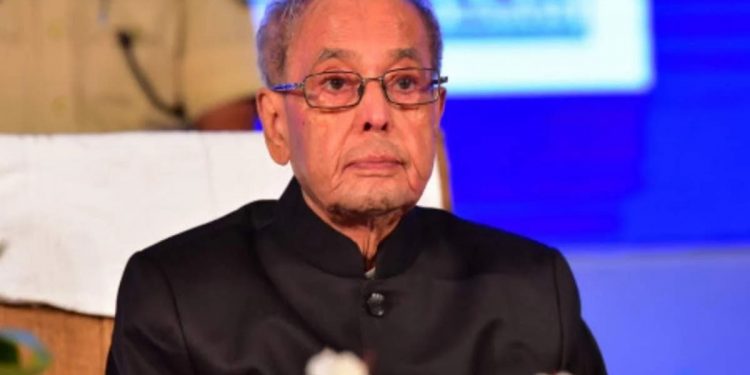Prof SN Misra
I have had the rare privilege of working with four defence ministers –beginning with Mulayam Singh Yadav during 1996-98, and later with George Fernandes for 1998-2004, Pranab Mukherjee during 2004-06 and AK Antony for 2006-2014. Each of these had their own unique styles. Mulayam shuttled between Lucknow and Delhi in IAF planes, and wanted all notings to be written in Hindi. He called Major Generals as Majors!
George Fernandes brought in enormous dynamism to the stiff-collar defence ministry, with his informality and easy accessibility. He was the most popular defence minister as he carried cakes to troops during Christmas. He once sent some defence wing finance officials to Siachen Glacier, for them to have a taste of what’s what, after he found they were sitting over proposals for sanction of snow boots for the troops. Antony was the longest serving defence minister. He served for eight years, a time when he gave priority to keep up his clean image, starkly, over the need for timely procurement of weapon systems and platforms. Between the ‘irrational exuberance’ of Fernandes and the self-righteousness of Antony, Pranab Mukherjee was like a savant who brought gravitas and grace to South Block.
When Mukherjee came in 2004, N.Vittal, the then Central Vigilance Commissioner, met him and harped on the need to usher in transparency in procurement process vis-a-vis defence deals. This sowed the seeds of Defence Procurement Manual 2005 which coincided with my baptism into the MoD as financial adviser and as chairperson to complete this document in consultation with all the stakeholders.
Mukherjee ensured that a Defence Procurement Manual for revenue items and a Defence Procurement Procedure for long-term capital acquisition of weapon systems and platforms were put in place by August, 2005. There was a debate in the defence ministry whether such a manual should have a restricted use in the ministry, or be put up as part of the MoD website. Mukherjee overruled all the conservative mandarins and ensured that India’s MoD is a perceived as a transparent defence buyer globally. He stood for transparency and cleared the cobwebs of sleaze that shrouded defence deals.
Mukherjee also put in place a new procedure called the ‘Offset Procedure’ in 2005, as per which when a country goes for a big ticket acquisition, it can ask the exporting country to transfer key technology, bring in FDI and bolster exports as an ‘offset’. When this procedure was unveiled, the global companies welcomed the move as a pioneering effort on the part of MoD to bring in best global practice. The example of how Brazil built its Embraer aircraft, by getting technology from the US while buying F-16 aircraft, set the template for India.
The other very important provision that was incorporated in Defence Procurement Procedure in 2006 was the Integrity Pact. Admiral Tahiliani (Retd. CNS) who was President of Transparency International, India chapter, brought to the notice of Mukherjee how India ranked very high in the corruption index. As per the Integrity Pact, which is widely practised globally, the purchaser and the buyer sign a commitment of ‘no corruption’. Normally such a commitment is given only by the seller and not by the buyer.
We also included the ‘Undue Influence clause’, through which defence contracts can be cancelled if defence agents try to resort to venal methods to gain contracts. It is to the credit of Mukherjee that the MoD became the pioneer of having an Integrity Pact, which was adopted subsequently by the ONGC and the power sector. Mukherjee ensured that the exigency of defence procurement does not cloud fair process, equal opportunity and criteria-based short-listing and evaluation of vendors. This has been his most enduring contribution in his three years’ stay in the defence ministry, before he left for the MEA in 2006.
Mukherjee has written in his memoirs how Indira Gandhi was not aware of the nuances of the Emergency provisions. In his last memoirs, Mukherjee has written of how Sonia Gandhi expected him to be deferential towards her after he became the President. He loathed the idea of being a Gandhi lackey.
In government for long years, Mukherjee recalled precedents with rare ease. Nehru was his hero, as he discovered the Parliamentarian in him; Indira was his most-loved leader as she catapulted him to the position of FM when he was young; and he was not comfortable with Rajiv Gandhi and the concept of dynastic politics. He ended up as a friend, philosopher and guide of Prime Minister Narendra Modi, who conferred on him the Bharat Rata. He was more than an archetypal Bhadralok.
The writer teaches at KIIT University.







































